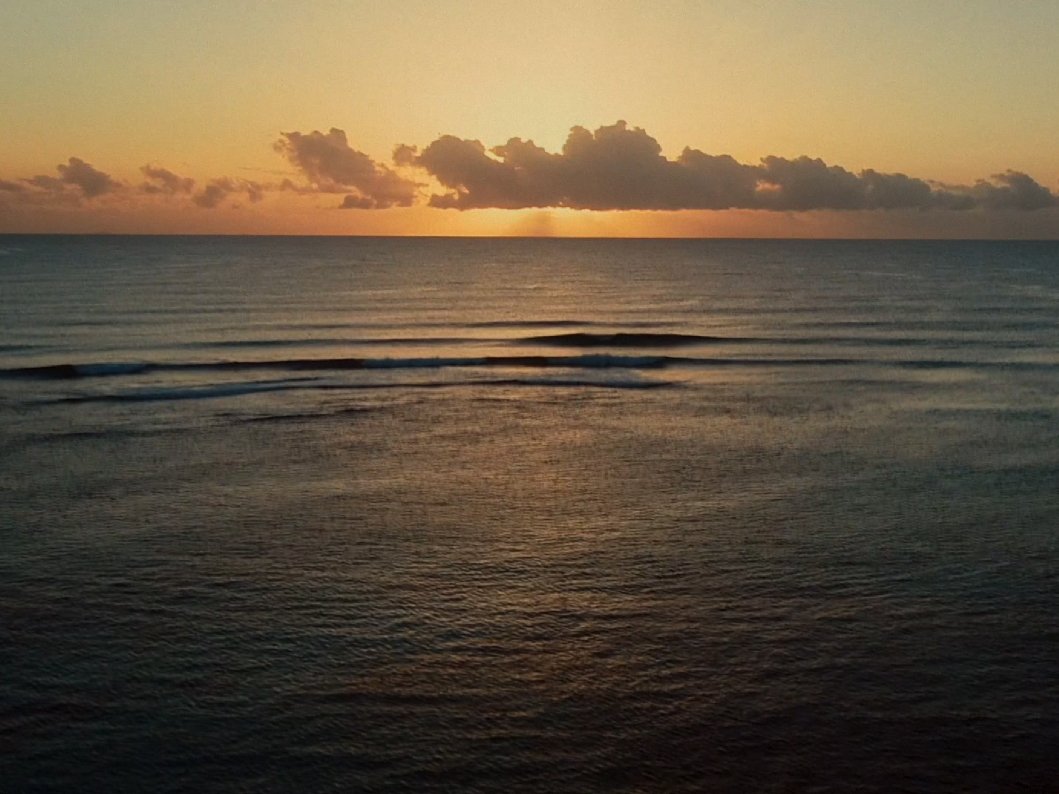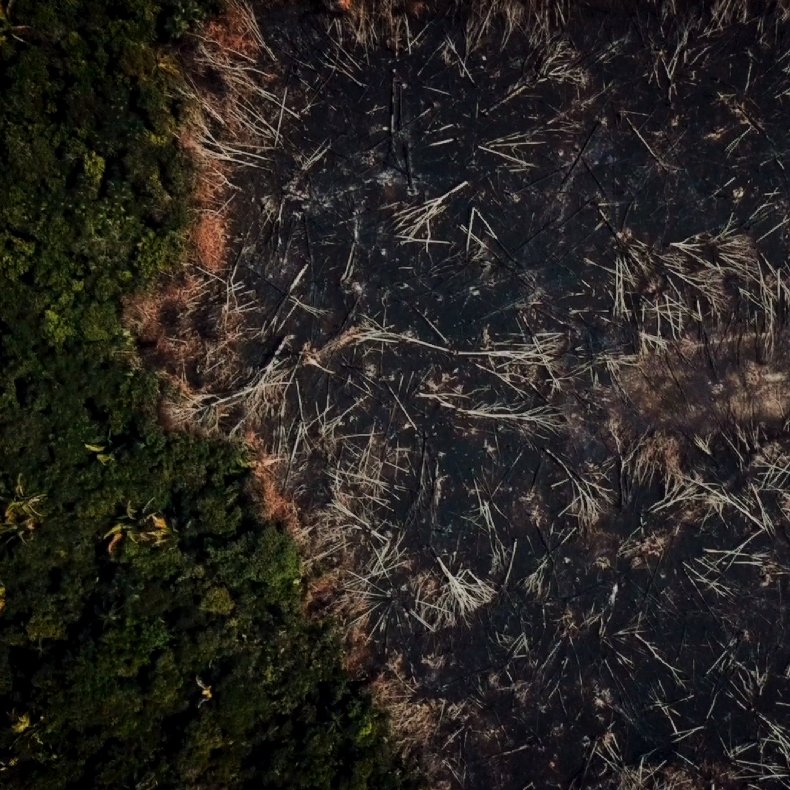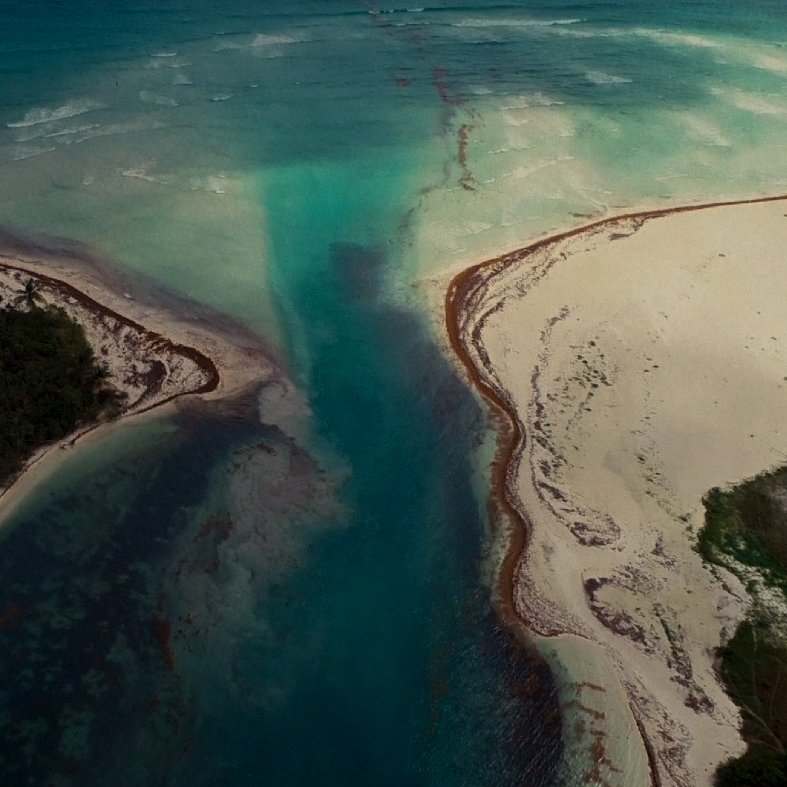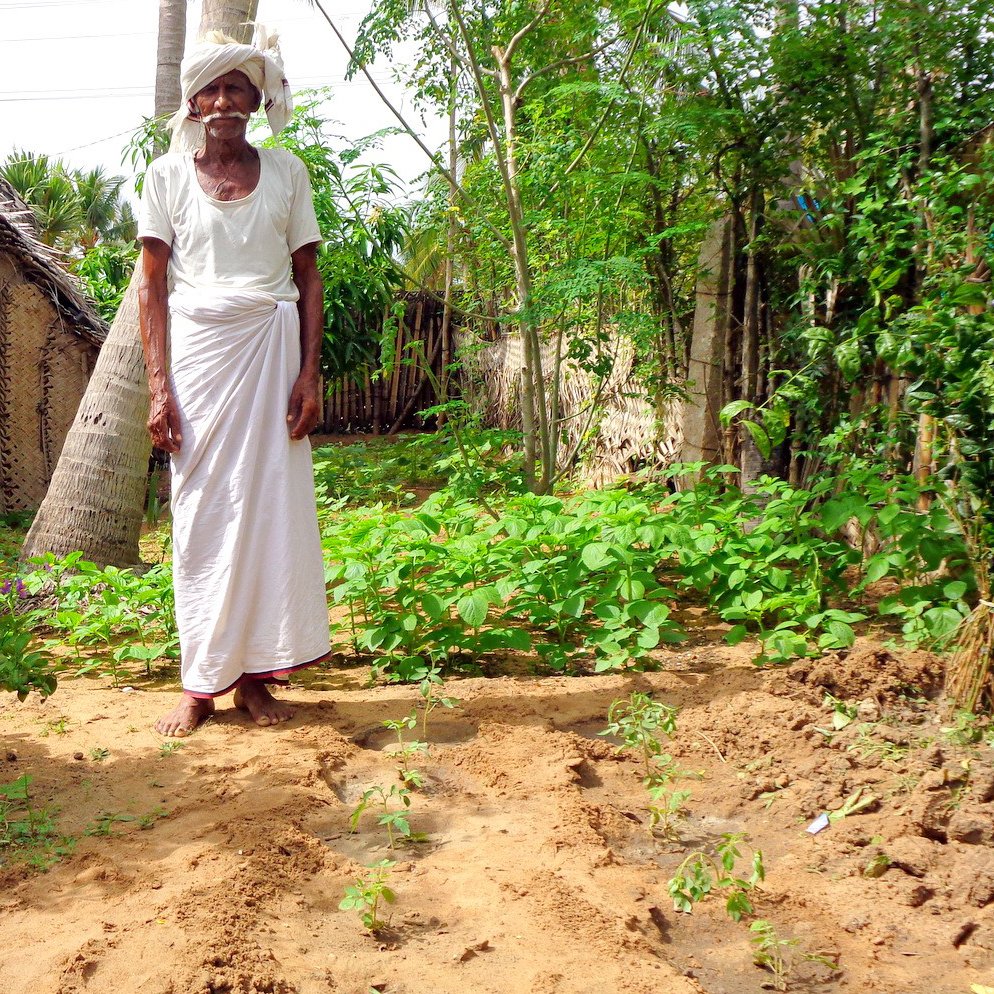
What can be done?
Keep the aquifer clean
Stop deforestation
Protect the rainforest
Protect the ocean
Honour agreements
There is no planet B
Care for it all
Or lose it all
Care - Act - Now!
- Lighthouse Foundation
- Participate
- Reduce eutrophication of the ocean
Rainforest destruction heats up algae growth in the ocean
Flows - everything is interlinked!
Whether somewhere in Germany, Mexico or Brazil, we can do something to make this world a better place!
The Rio Negro and the Amazon meet at Manaus in Brazil. The Amazon is surrounded by rainforests, the largest in the world. They store carbon, indispensable in the climate crisis. They are home to at least 10% of the world's biodiversity.
The forest is cut down, burned and cleared to be used for agriculture, livestock breeding and grazing. The topsoil is washed away by the fields, nutrients reach the Amazon. The current flows 6,400 km to the ocean, draining half the continent into the Atlantic.
The nutrient load causes algae growth to explode in the Caribbean and the Atlantic Ocean. An invasion of the Sargassum algae, the algae belt, stretches over more than 8,000 kilometres.
Decomposing Sargassum algae consume oxygen in the sea and cause death zones. Life in the sea suffers as a result. Sargassum algae are also washed up on the beaches of Mexico and cover the nesting sites of turtles, which can no longer lay eggs there. No eggs, no baby turtles.
Rotting algae release toxins and nutrients. This destroys coral reefs and kills the sea grass. The effects of deforestation are felt over thousands of kilometres from the Amazon to the Yucatán peninsula in Mexico.
Eutrophication through deforestation is a problem little looked after on a global scale. We now see that this is another consequence of the rapid global change and we have no time left to act.
Sustainable use of algae biomass in the Caribbean
Once the million tons of sargassum reach the shores dealing with the problem gets even more complicated. In the same way as new innovative ways of cleaning up the plastic pollution in the oceans are invented we need to address the vast amount of algae. And there might be a chance that we can even use them as a renewable source for energy, biochemicals etc. This seems much better then growing kelp in critical habitats to make biofuel.
The implementation of this approach will still require some research and experimentation, for which we will use the donations.
Donation Account:
Foerde Sparkasse
Lighthouse Foundation
IBAN DE36 2105 0170 1003 9417 52
BIC: NOLADE21KIE


